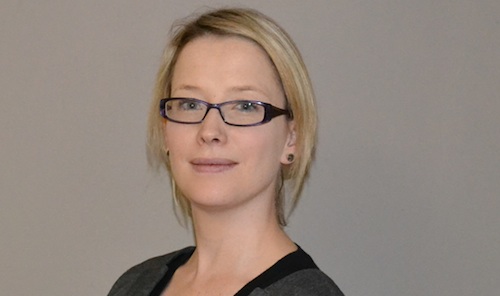
[By Elaine de Beer]
The patenting of SA software is the subject of much heated debate. Though the concept has never having been examined by our judicial system, software patent applications are being granted by our Patent Office.
Former public service & administration minister Geraldine Fraser-Moleketi recently described software patents as “an issue that poses a considerable threat to the growth of the African software sector”, adding that there had been “recent pressure by certain multinational corporations to file software patents in our national and regional patent offices”.
She said all of the “current so-called developed countries built up their considerable software industries in the absence of software patents”, adding that for those same countries to insist on software patents now was “simply to place patents as barriers in front of newcomers”.
Fraser-Moleketi said African software developers faced enough barriers as it was without the introduction of artificial restrictions on what programs they were and were not allowed to write.
Whereas free software and open standards are intended to be open and encourage competition, patents are exclusive and anti-competitive by their nature. Indeed, it is a common argument that when established multinational software companies register their extensive software patent portfolios in developing nations, they potentially destroy any competition from local software product developers.
However, the flip side of the coin is that these controversial software patents may well serve as the foundation on which local software companies can enter the global marketplace and compete with these established multinationals.
Consider this:
- These patents effectively provide a means for local software companies to play on the same turf as industry leaders such as Oracle and Adobe.
- A software patent often provides a start-up company with the traction to build its business as a real competitor in the international arena.
Microsoft is one such company, one that has made extensive use of our patenting system, having patented more than 300 software-related inventions in SA.
Microsoft co-founder and former CEO Bill Gates once said: “If people had understood how patents would be granted when most of today’s ideas were invented and had taken out patents, the industry would be at a complete standstill today. The solution is patenting as much as we can. A future start-up with no patents of its own will be forced to pay whatever price the giants choose to impose. That price might be high. Established companies have an interest in excluding future competitors.”
Accordingly, as long as small start-up companies refrain from patenting their software inventions in SA, they are effectively leaving the playing field wide open for established corporations to obtain monopolies in those areas.
The SA Patents Act of 1978 excludes a “program for a computer” from patentability. However, this exclusion applies only to the extent to which a patent or an application for a patent relates to software or a computer program, as such. Therefore, an apparatus or a system for using software would not be excluded from patentability. Hence, a system or an apparatus used in a software-related invention does not necessarily contravene this software exclusion either.
Note, secondly, that the SA Patent Office is a so-called non-examining patent office. This means that the patent applications lodged with it are not subject to examination in terms of the invention’s patentability. It is therefore unlikely that a patent application directed to a computer program will be rejected by the office.
What can happen in practice is that an SA patent directed to a software program is challenged in court by third parties who, of their own volition, have determined that the patent is directed to unpatentable subject matter and wish to attack the validity of the patent on that basis.
However, there has not been any litigation on the patentability of software in SA to date, and there is therefore no clear indication of our courts’ likely interpretation of this section of the Patents Act. Indeed, the boundaries of computer software patentability are still to be determined.
Substantial similarities nevertheless exist between our Patents Act and the UK’s Patents Act. Therefore, our courts may well turn to the decisions in Britain and Europe for guidance on SA software-related matters.
Instructively, the British Patents Act also generally excludes inventions that reside in programs for computers “as such” from patentability.
Be that as it may, a consultation was recently initiated between the UK government, via the Patent Office, on whether patents should be granted for computer software in that country. The government reaffirmed the principle that patents were for technological innovations. Software should not be patentable where there is no technological innovation, and technological innovations should not cease to be patentable merely because the innovation lies in software.
Therefore, software patents are not rejected outright in the UK. Rather, the technical effect or contribution provided by the computer program forms the basis of an assessment of whether or not the invention is excluded from patent protection.
As we eagerly await a relevant SA court decision, several ways exist whereby the prohibition on computer software patentability can legitimately be circumvented.
The result would be a valid SA patent that is enforceable against and will provide a barrier to entry for multinational software companies in SA. Such a software patent may place the local competitor on as near an equal footing with these multinational companies as they are ever likely to get.
- Elaine de Beer is a patent agent at corporate law firm Bowman Gilfillan
- Subscribe to our free daily newsletter
- Follow us on Twitter or on Facebook

